Graham Reid | | 8 min read
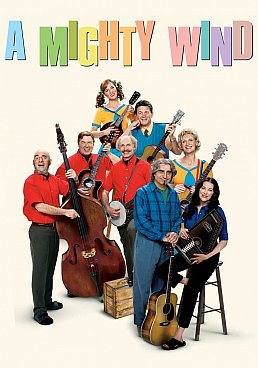
It was less a mighty wind which briefly blew through Auckland this week than a brisk breeze in the form of actors Christopher Guest, Harry Shearer and Michael McKean. The trio may not be glossy-page stars who command headlines, but they are heavy-hitters in Movieworld.
That’s because of their collective comedic history of three decades, and also because on the sharp end of this high-rolling business Guest is one of the smartest and economical men behind a camera. As a director he turns a big buck out of a modest budget. His last feature was shot for a paltry $US6 million ($10.2 million) but returned three times that in the States alone.
Audiences for Guest’s astute and funny movies might be “selective” -- to appropriate a term from a film he is best known for -- but they are loyal, smart, and laughing themselves silly from the time the lights go down.
Guest might not be a multiplex pleaser but he is a comedic auteur, less laboured than Woody Allen and more subtle than Mel Brooks.
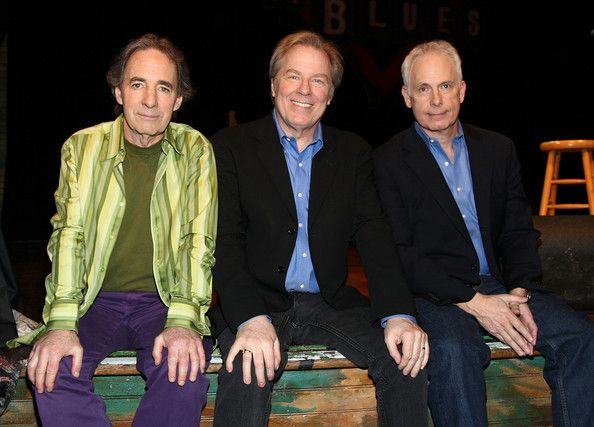 In town for two days, this triumvirate were here to talk up their Guest-directed feature A Mighty Wind, in which they play a kitschy folk Sixties trio (the Folksmen, naturally).
In town for two days, this triumvirate were here to talk up their Guest-directed feature A Mighty Wind, in which they play a kitschy folk Sixties trio (the Folksmen, naturally).
A Mighty Wind is a loving if incisive autopsy of the living dead of Sixties folk -- but Guests reputation as difficult meant some approached him, and his sidemen, with nervous tension.
Yet in a Hilton suite the casually dressed trio -- their hair having grown back from the infeasibly coiffure or bald look of their characters in A Mighty Wind -- are polite, obliging and often downright funny as they finish each others’ lines or crack up with spontaneous laughter. Nice accommodating guys.
Guest was charming if slightly eccentric.
He offers caricatures of alarm or surprise when questions are directed at him, but answers thoughtfully and chats casually.
Scary? Not at all. Funny? Yes, but only when he wants to be.
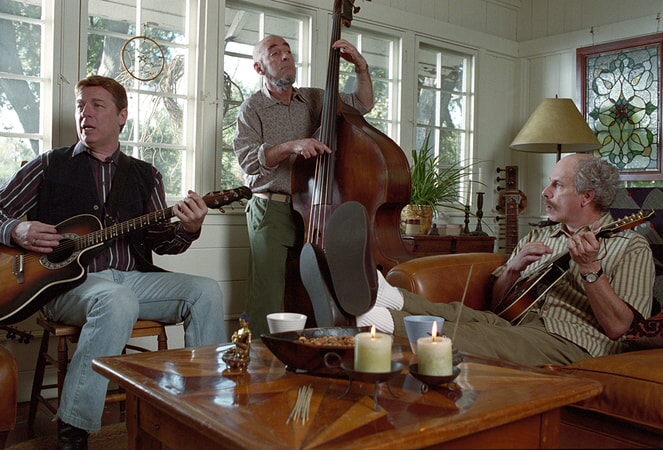 The problem with these three is they come with such history that it can get in the way of what they are doing.
The problem with these three is they come with such history that it can get in the way of what they are doing.
“It seems sometimes you’ll never get to why you are there, or get to the topic,” says Guest with weary patience.
Shearer: “On the other hand, it’s flattering that we have a bunch of stuff people want to talk about. Among the problems that can afflict you in show-business, that's one of the lesser ones. Being out of work is a lot worse.”
They are among the busiest and most respected actors in American comedy.
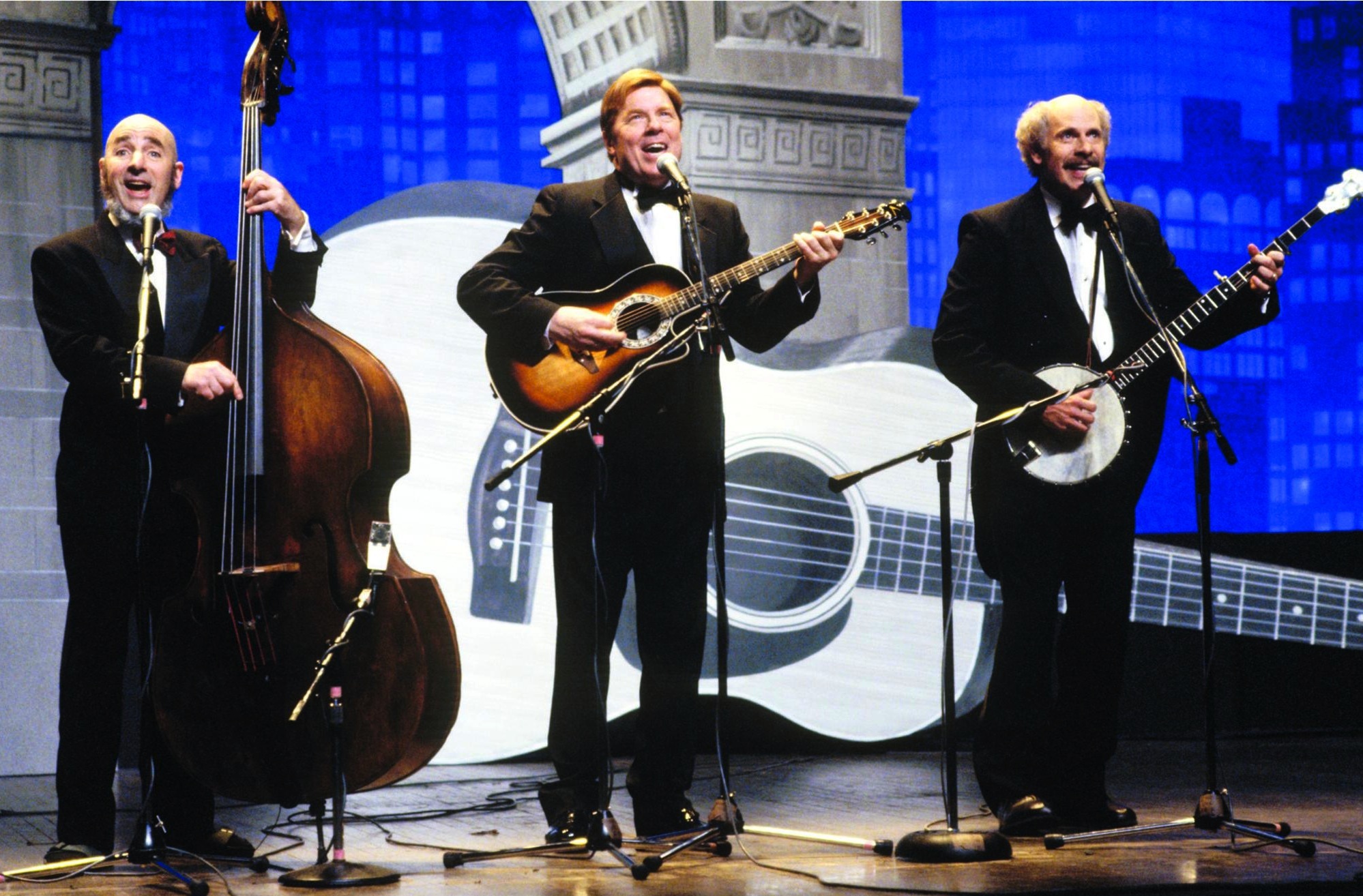 Shearer, 60 this year and with a voice which comes from the bottom of an oak barrel, was a writer for Saturday Night Live in the mid-Seventies, has appeared as a standup and in more radio and television shows than he could recall, and voices characters on The Simpsons including Ned Flanders, principal Skinner, Montgomery Burns, Kent Brockman and Dr Hibbert.
Shearer, 60 this year and with a voice which comes from the bottom of an oak barrel, was a writer for Saturday Night Live in the mid-Seventies, has appeared as a standup and in more radio and television shows than he could recall, and voices characters on The Simpsons including Ned Flanders, principal Skinner, Montgomery Burns, Kent Brockman and Dr Hibbert.
McKean, like Shearer, amusing and utterly lacking in pretension, was Lenny (of Lenny and Squiggy) on Laverne and Shirley in the late Seventies/early Eighties, parlayed his talents into dozens of film roles and was in Little Nicky with Adam Sandler and The Guru alongside Heather Graham. Like Shearer and Guest, he plays numerous musical instruments, and does the straight stuff alongside comedy.
Then there’s Guest: New York-born, married to actress Jamie Lee Curtis, who claims an honorary title of Lord Haden-Guest, inherited through his British father. He appeared on National Lampoon comedy albums in the Seventies parodying Elton John, Bob Dylan and British pomp-rockers, was on Saturday Night Live as a writer/performer, and has appeared in dozens of films including the Jesse James bioflick The Long Riders, Little Shop of Horrors, Princess Bride and A Few Good Men.
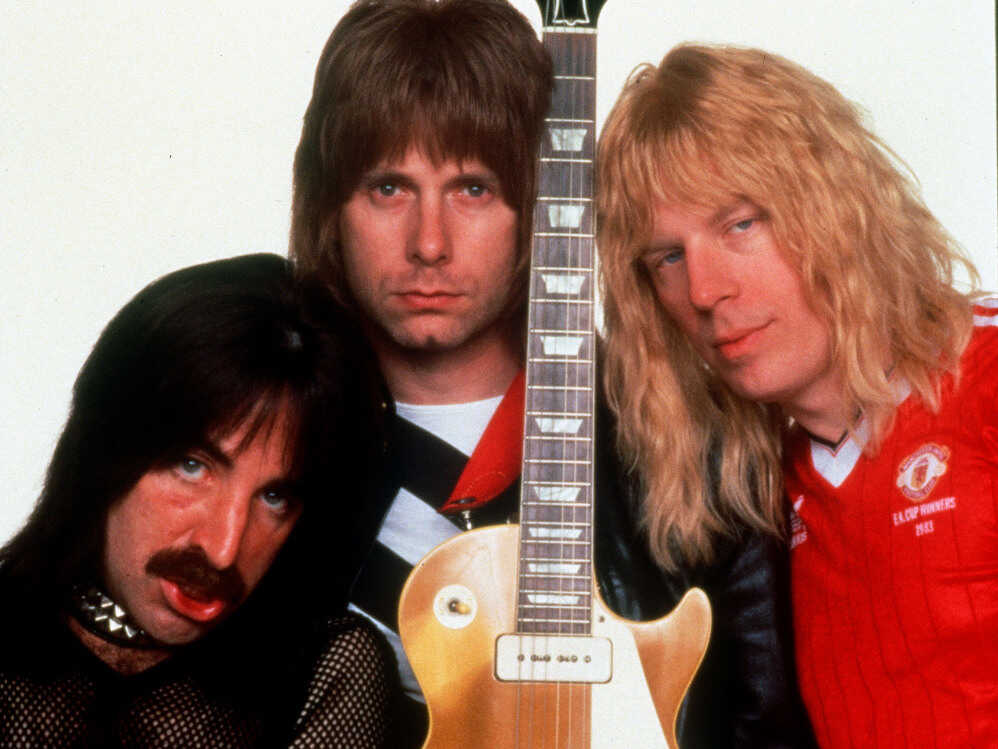 Most famously this trio appeared as the band in the legendary This is Spinal Tap, which mercilessly parodied the stupidity and failing career of this imaginary heavy metal group from London.
Most famously this trio appeared as the band in the legendary This is Spinal Tap, which mercilessly parodied the stupidity and failing career of this imaginary heavy metal group from London.
Spinal Tap was so successful for its witheringly accurate impaling of metal bands it took on a life of its own. The trio toured as Tap and when they auditioned for drummers a few years ago, Mick Fleetwood of Fleetwood Mac joined the queue. Everyone was in on the joke - then the lines between film fantasy and fandom blurred.
“Initially that was very surreal,” says Guest, who played the charmingly gormless guitarist Nigel Tufnel. “We would have conversations before we did Tap gigs asking ourselves, ‘What’s going on here?’ We had maybe 6000 people out there and we were being these [Tap] people but not doing a comedy sketch.
We were playing their music. But do they [the audiences] think we’re a movie?”
“My theory,” says McKean, who played the precious guitarist David St Hubbins, “was we were pretending to be this rock’n’roll band and they were pretending to be our fans.”
“Then it became real shows,” says Guest, “and they became real fans. So where did that lead? Where was the line?”
After This is Spinal Tap, directed by Rob Reiner and co-written by him and his trio of “rock stars”, Guest went behind the camera to direct Waiting for Guffman (1996) and Best in Show (2000), the former a gentle satire of a small town theatre company whose director has Broadway ambitions, the latter a similarly conceived documentary-style poke at the world of dog-show people. Both featured McKean and the same small ensemble of players.
By stealth and subtlety Guest became an auteur -- and has reformed his players for A Mighty Wind, with Shearer back for the first time since Spinal Tap 20 years ago.
Again Guest has chosen a world which takes itself too seriously and is ripe for unobtrusive but acutely observed satire. And again it is adeptly realised through nuanced and knowing performances, songs which mirror as much as ridicule the period, and in a wardrobe that underscores the knowing humour.
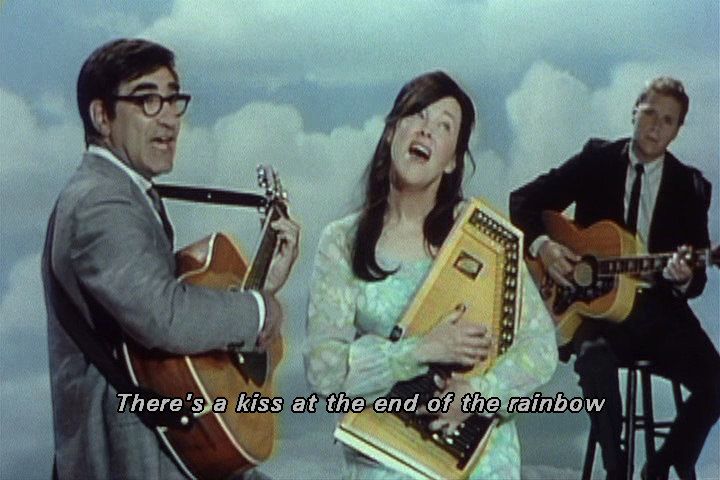 As his longtime co-writer and ensemble actor Eugene Levy, who plays the psychologically damaged former folkie Mickey of the one-time sweetheart husband and wife duo Mitch and Mickey, puts it, “There is a kind of pomposity and a little bit of arrogance about folk music and folk artists. You’ll find there’s not a lot of them with a great sense of humour about themselves and about their work. They’re just too intense, they’re trying to get out their message.”
As his longtime co-writer and ensemble actor Eugene Levy, who plays the psychologically damaged former folkie Mickey of the one-time sweetheart husband and wife duo Mitch and Mickey, puts it, “There is a kind of pomposity and a little bit of arrogance about folk music and folk artists. You’ll find there’s not a lot of them with a great sense of humour about themselves and about their work. They’re just too intense, they’re trying to get out their message.”
That said, the jibes in A Mighty Wind are gentle and almost compassionate. It is a step back from the merciless Spinal Tap and the cool observations of Best in Show and Waiting for Guffman.
“Eugene and I knew immediately that the main thread was the Mitch and Mickey story,” says Guest. “It's emotional and very much about the two of them, and if that was removed it would be a different movie again. I think it has more value, and the work those two actors do is just remarkable.”
The tragic but hilarious Mickey and Mitch story of estrangement ends – almost – with a kiss which is as poignant as it is amusing. The damaged but harmless couple become real, emotionally fragile people.
The film has a heart.
Briefly.
“lf you were going to be nasty about these people,” says Shearer, “one’s reaction might be, ‘Who have these people hurt in the last 30 years?’ So it’s keenly observed and doesn’t shrink from their flaws or delusions, but they haven’t done anything to deserve a different tone.”
McKean: “I think you can do a portrait of somebody who is just sappy without despising them.”
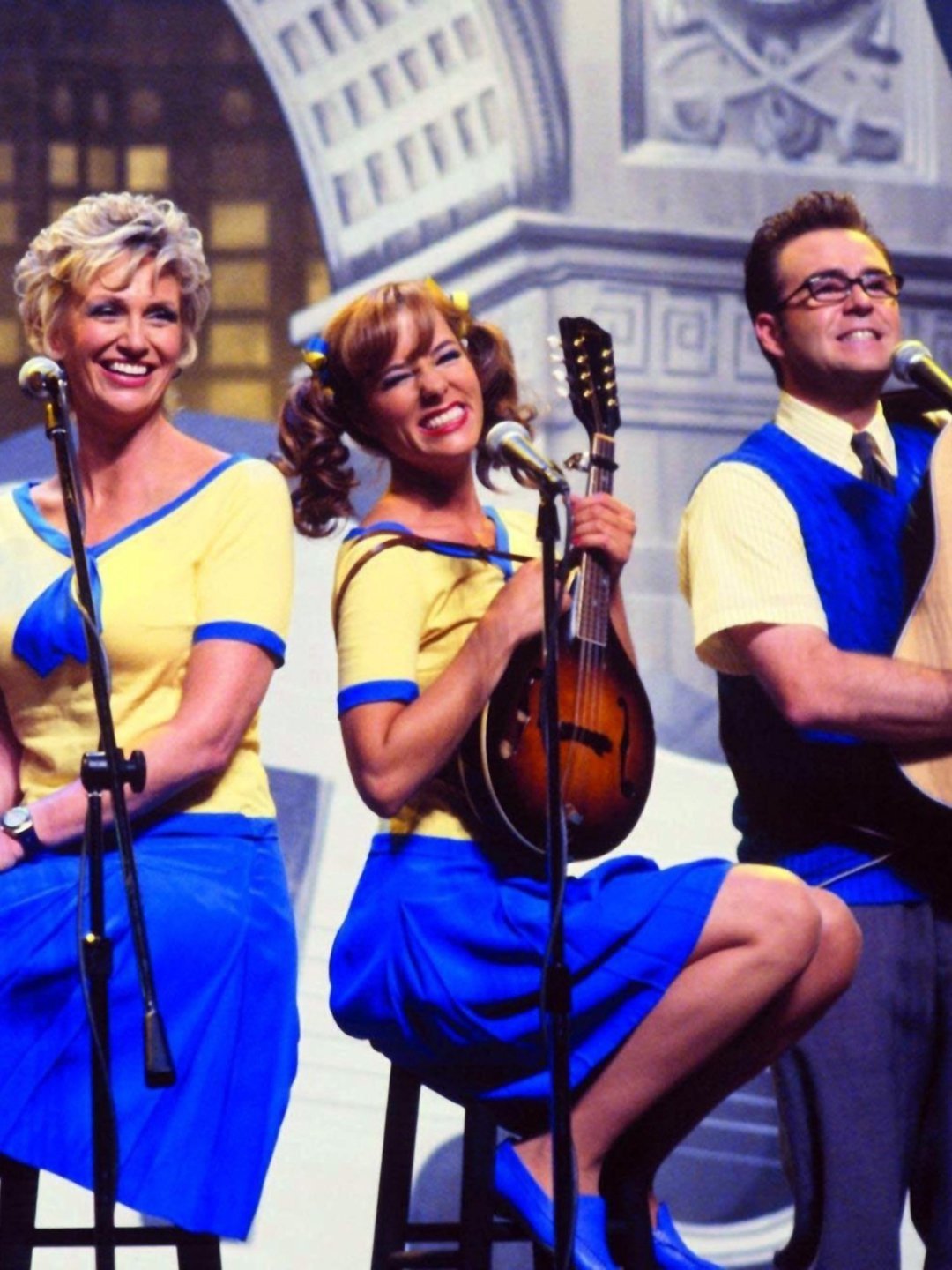 Yet A Mighty Wind also slices into the early Sixties folk scene with forensic accuracy. Mitch and Mickey may be sympathetically dealt with, but the New Main Street Singers – helmed by the blinding Florida smile and ruthless cheerfulness of actress Jane Lynch as the improbably named Laurie Bohner – are a Disney-like whitebread act of the kind which ripped folk from its roots and turned it into a grinning parody.
Yet A Mighty Wind also slices into the early Sixties folk scene with forensic accuracy. Mitch and Mickey may be sympathetically dealt with, but the New Main Street Singers – helmed by the blinding Florida smile and ruthless cheerfulness of actress Jane Lynch as the improbably named Laurie Bohner – are a Disney-like whitebread act of the kind which ripped folk from its roots and turned it into a grinning parody.
Such groups get their come-uppance in A Mighty Wind by being portrayed just as they were.
As Guest says, there were dozens of groups in the late Fifties/early Sixties which appropriated folk but stripped it of politics. One of the criticisms of the film, Shearer concedes, has been the absence of politics.
“We were representing a different world,”says Shearer. “I think a song like A Mighty Wind is the perfect evocation of it, it just dances around the idea of politics without ever saying anything.”
The Folksmen however -- as the film's website shows -- did go on to write a political album not mentioned in the film, the absurdly entitled and equally fictional Saying Something of 1968. And as with Guest’s previous movies which come with generous extra footage on DVD reissue -- complete scenes -- this will turn up on the Wind DVD.
Guest’s directorial technique, in association with co-writer Levy, is to outline a story and leave the dialogue open for his ensemble to improvise and create the characters. It means a short shooting period --A Mighty Wind took less than a month -- but lengthy editing, sometimes up to 10 months, and up to 80 hours of other scenes on the cutting room floor. But for actors it is a rare opportunity to create and immerse themselves in a rounded character.
Years ago I interviewed Guest in his Tap persona. Over half an hour he never missed a beat as the dopey Nigel.
When the trio are asked to autograph a Tap DVD they do so with their characters names, but Guest signs an old National Lampoon album With his own. They know the boundaries but will test them again when, Tap-like, they tour as the Folksmen.
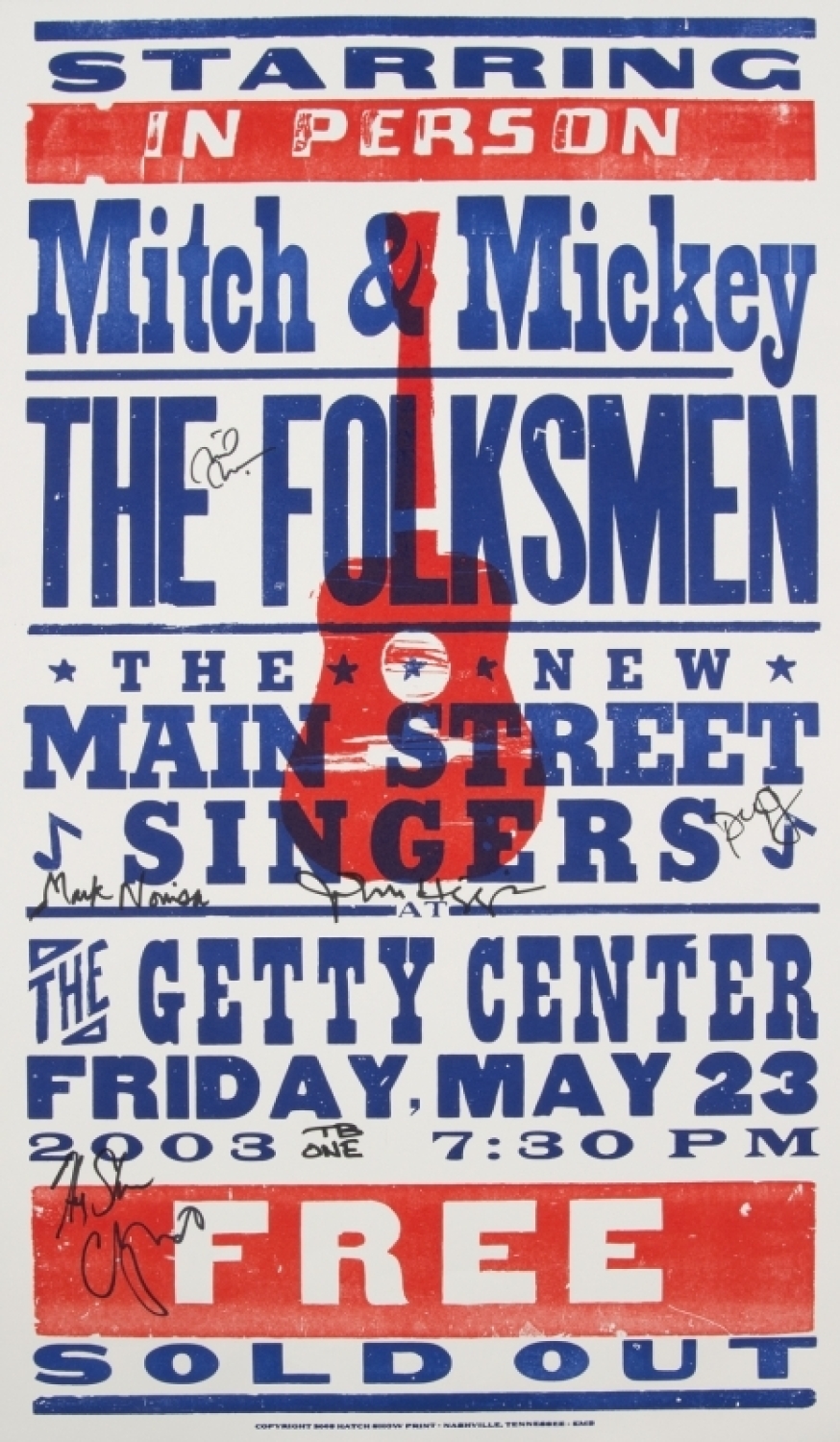 Guest and his actors are astute and intelligent. They also compose and perform the songs for their films. McKean laughs that the soppy Mitch and Mickey ballad Kiss at the End of the Rainbow was written by him and his real life wife Annette O’Toole, and now they are are in demand as songwriters.
Guest and his actors are astute and intelligent. They also compose and perform the songs for their films. McKean laughs that the soppy Mitch and Mickey ballad Kiss at the End of the Rainbow was written by him and his real life wife Annette O’Toole, and now they are are in demand as songwriters.
In the world of Hollywood-honed, often soulless movie product Guest’s movies are works of refined craftsmanship. They are also personal, which explains why they interrupted busy lives to promote it.
“There’s a different stake in this,” says Guest. “It’s much more than a film I’ve made, we all have an investment in this movie.
“We genuinely like the work, continue to work together and this is an extension of being able to describe what we did in the movie an explain it in the right way rather than just sending down a press packet.
“But only good things come out of it,” he says. “Michael and I have worked together for 35 years, Harry and I for 28. We’re not faking a friendship. When actors say, ‘We had the greatest time’, but never work together again, you know it’s a piece of shit and they hate each other.”
So you all come out of our trailers at the right time?
“We all come out of the same trailer,” laughs McKean.
And Guest, with a typically lizard-like if quizzical expression, deadpans: “What trailer?”

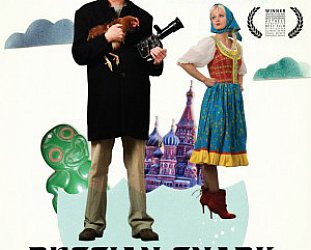
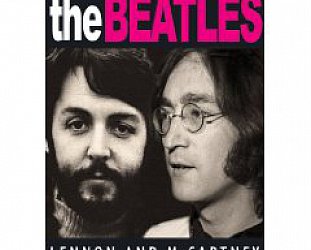


Steve King - Aug 29, 2022
Hi Graham,
SaveIs this a reprint of a 2003 article? Or did they recenly visit to promote their 2003 film? And are they about to tour? A bit confused (the only date on the is page is Aug 25, 2022)
Cheers,
Steve
post a comment